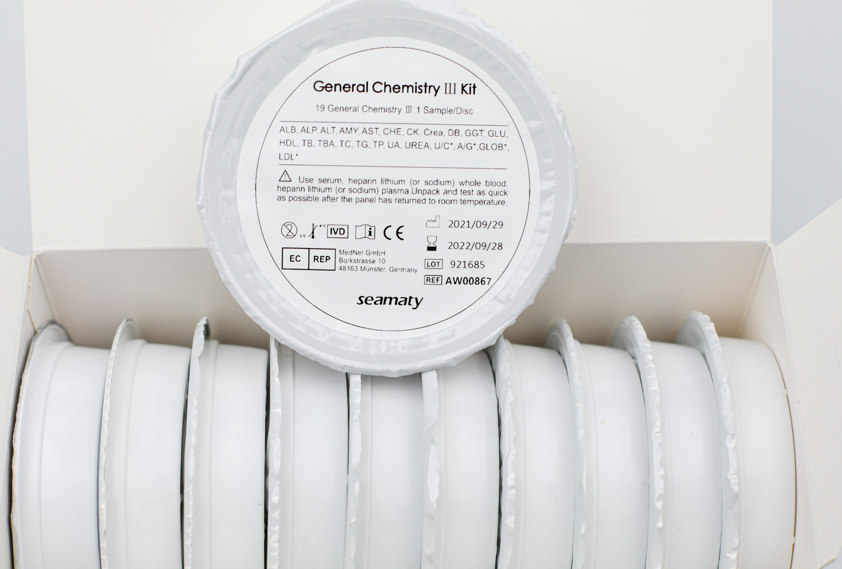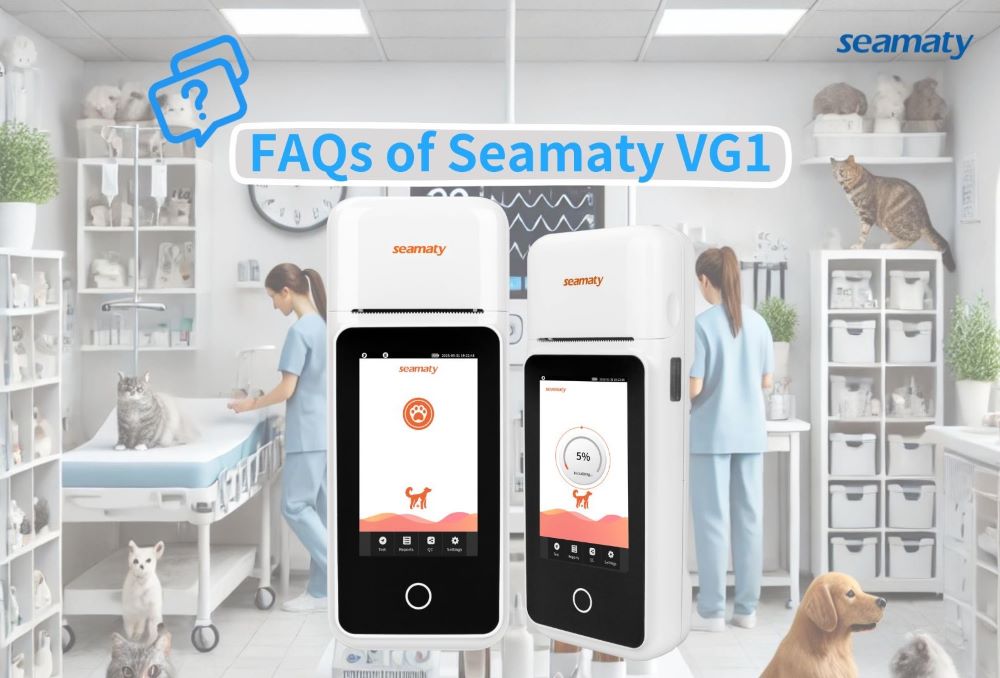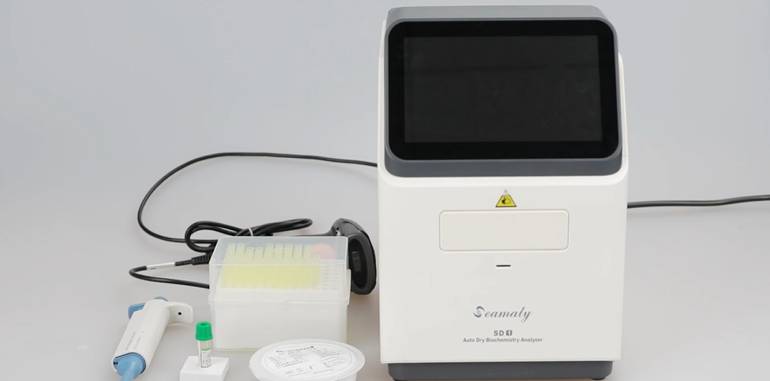As the quality of life increases, people are becoming more and more concerned about their health. In order to better monitor the level of their health, routine medical checkups have become the first choice of the public.
Routine medical checkups can help us detect some health state crises before it is too late and eliminate risk factors for diseases. Moreover, through the examination, some early serious diseases can be screened out so that we can get timely treatment. At the same time, medical checkups can deepen our understanding of our physical condition and can help us change our bad habits to stay healthy.
Seamaty has developed and produced a comprehensive checkup tray containing 23 test items (the largest number of test items at present), which can be used in combination with the supporting instrument
SD1 biochemical analyser to test pointing indicators in the direction of liver, gallbladder, kidney, glycolipid, heart muscle and pancreas with only 100μL of whole blood. This biochemical analyser can cover the human body in all aspects and is very suitable for whole body checkup, disease diagnosis, chronic disease management and medication guidance.
The biochemical reagents include TP, ALB, GLOB, A/G, GLU, TG, TC, HDL, LDL, TBA, TB, DB, CHE, ALP, GGT, ALT, AST, CK, AMY, Crea, UREA, U/C, UA,
"TP, ALB, GLOB, A/G, TBA, TB, DB, CHE, ALP, GGT, ALT, AST" are parameters to test liver function and help doctors diagnose liver diseases such as acute and chronic hepatitis and cirrhosis, as well as to reflect the normal secretion and synthesis of the liver.
"GLU" is an important parameter to detect blood glucose, which can better monitor the blood glucose situation of diabetic patients and also serve as a reference for doctors' medication guidance.
"TG, TC, HDL, LDL" can be used to measure human lipid levels, which are important indicators of high cholesterol and hyperlipidemia, and can also be used to assess the risk of atherosclerosis.
"CK" is one of the mandatory tests for myocardial examination and is also an important reference parameter for assessing myocardial damage.
"AMY" is a biochemical test of the pancreas. When the AMY level exceeds a certain value, it indicates the possibility of pancreatitis.
The
biochemical tests that are often done to check kidney function include Crea, UREA, U/C, and UA, which can help your doctor better determine if you have acute or chronic nephritis, kidney failure, or kidney damage.



